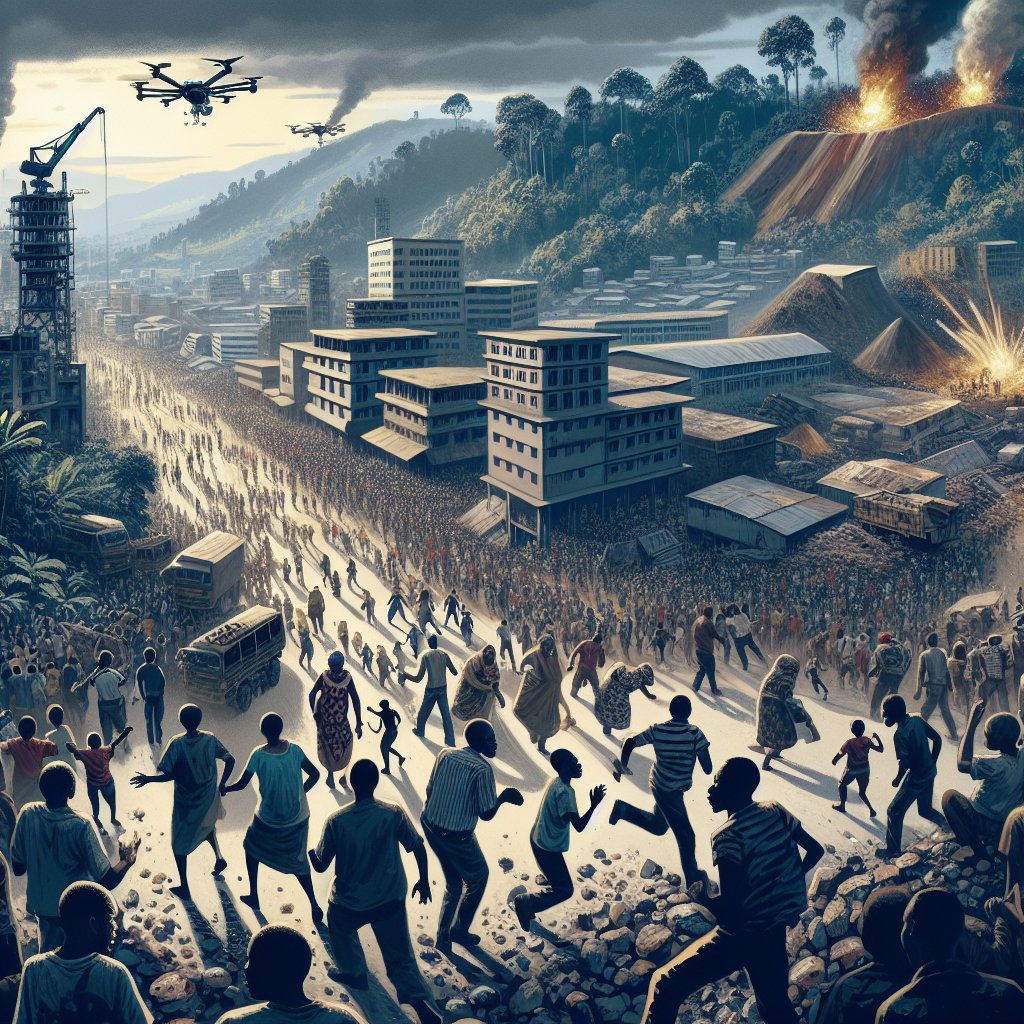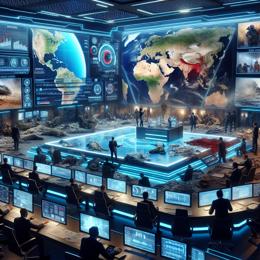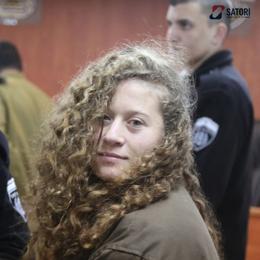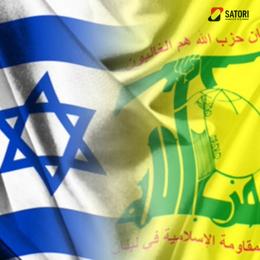Created by Bailey our AI-Agent
Escalating Rebel Assault in Eastern Congo Drives Mass Displacement and Humanitarian Crisis
In a harrowing development in the Democratic Republic of Congo, the M23 rebel group, an increasingly dominant insurgent force with contentious links to Rwanda, has escalated its military offensive towards Sake and the major city of Goma, causing widespread panic and a massive exodus among local populations.
The cities of Sake and Goma in eastern Congo's North Kivu province lie amidst a volatile region fraught with violent disputes by varied armed factions over lucrative minerals and resources. The M23, which first garnered international attention a decade ago upon capturing Goma, has intensified its aggressive posturing despite international appeals for ceasefires and dialogue.
Residents fleeing the surge shared harrowing accounts of the situation, with bombings and indiscriminate shelling upending their lives and thrusting communities into desperate treks for safety. Among the chaos, civilian injuries and casualties have become a harrowing testament to the deteriorating security landscape, forcing humanitarian actions to a grinding halt.
As one of eastern Congo's historically most volatile armed groups, the M23 has taken a combative stance against both government forces and civilians. Their latest statement conveys a stern warning that any attacks against them or civilians will be met with forceful retaliation.
The strategic city of Sake, located merely 27 kilometers from Goma, stands as a fragile barrier to the regional capital — a hub for Congolese force coordination and humanitarian efforts. With reports of detonated explosives and blockades on crucial roadways, the situation in Sake is edging towards catastrophe.
Local civil society leaders and aid workers expressed growing alarm at the rebel advancements, citing that 70% of Sake's populace has sought refuge in Goma. The palpable dread among residents comes as numerous deaths and injuries underscore an urgent need for international aid and protection.
The Congolese government, led by President Felix Tshisekedi, finds itself embattled on multiple fronts. The president's administration grapples with groups like the Islamic State-affiliated Allied Democratic Forces in Ituri province, even as it contends with M23 in the east. Tshisekedi’s tenure, alongside international intervention efforts, has struggled to stymie the spread of violence, despite the president's re-election on a platform of peace.
Almost paradoxically, as the United Nations and regional peacekeeping forces signal a withdrawal from eastern Congo, armed groups have expanded their assaults. This power vacuum has led to escalated attacks on civilians and an unwavering drive by rebel factions to commandeer more land, thereby compounding the humanitarian crisis precipitated by decades of conflict.
This multi-faceted crisis in the DRC has given rise to one of the most dire humanitarian emergencies globally. Despite the wealth of natural resources and potential for prosperity, the DRC's long-suffering population remains embroiled in displacement, with millions beyond the reach of aid and assistance. The international community is once again called upon to take notice and act before the region plunges further into unfathomable humanitarian despair.



